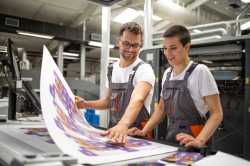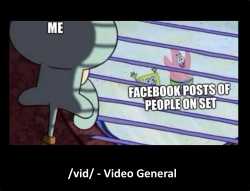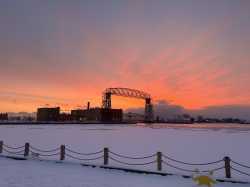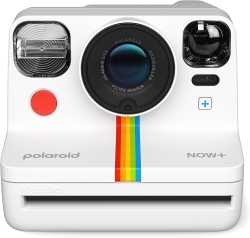>>4493492>My main concern is playback on TVsAre you still running CRT TVs lmao...?
You really do come here and waste people's time with inane, retarded, questions like this, when you could literally
https://chatgpt.com/share/6964e6f3-1680-8009-bb2a-8e6496c735c1"Oh Lord in heaven, what a humongous faggot I met on the road, and he was an enormous faggot indeed, my Lord". Are you one of those boomers that instead of using a search engine and finding an answer in FIVE FUCKING SECONDS, you go to fucking plebbit and youtube comments to fish for an answer that maybe, one day, perhaps, god willing, will appear as a reply to your stupid fucking inane questions? Go look in a mirror faggot. I said GO LOOK IN THE MIRROR, FAGGOT! What you will see is a ginormous, stupid, dumb retarded faggot, and instead of harassing locals in a foreign country with your camera, you should either:
a) photograph said retard you see in a mirror, and mail the photo to a publishing house working on illustrated encyclopedias, so they could upgrade their illustrations on the topic of "RETARDED FAGGOTS"
b) skip the trip, and spend the money on education and tutoring, mainly on the subject of "how to think and use what little brain I have for maximum effect" - recommended for the benefit of you and the whole of humanity, and all the unfortunate souls that you would meet along your way in this world.










